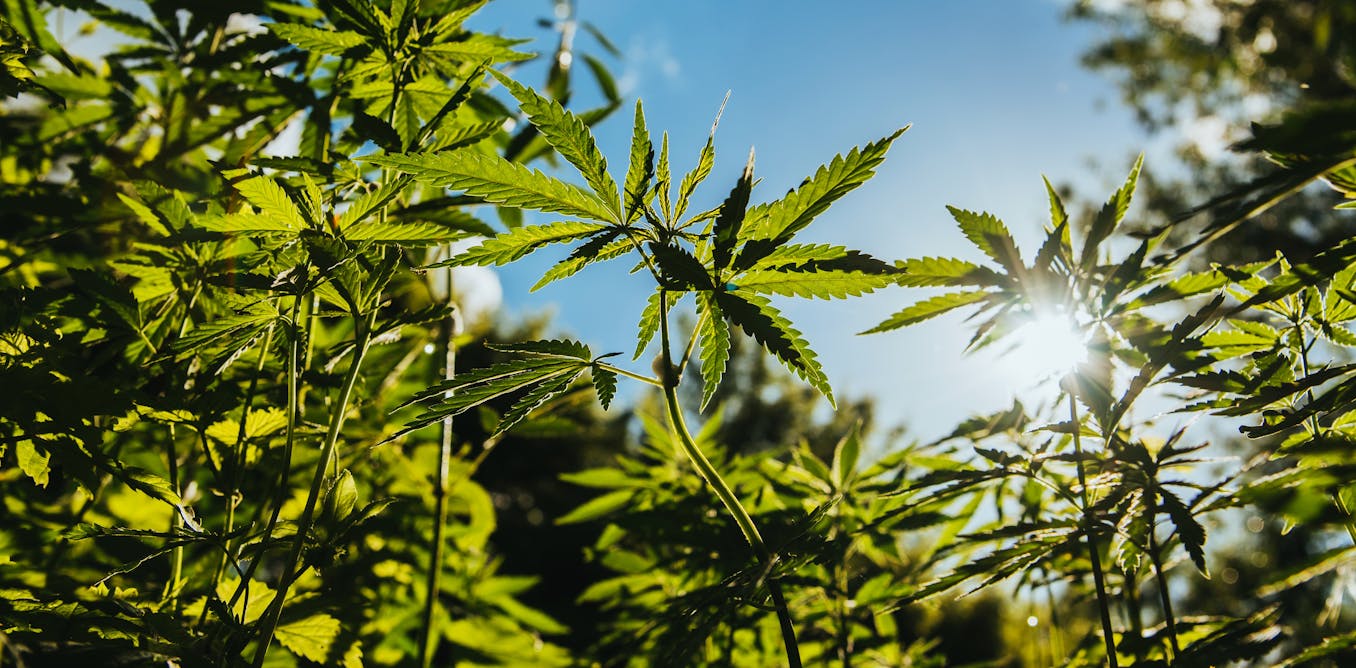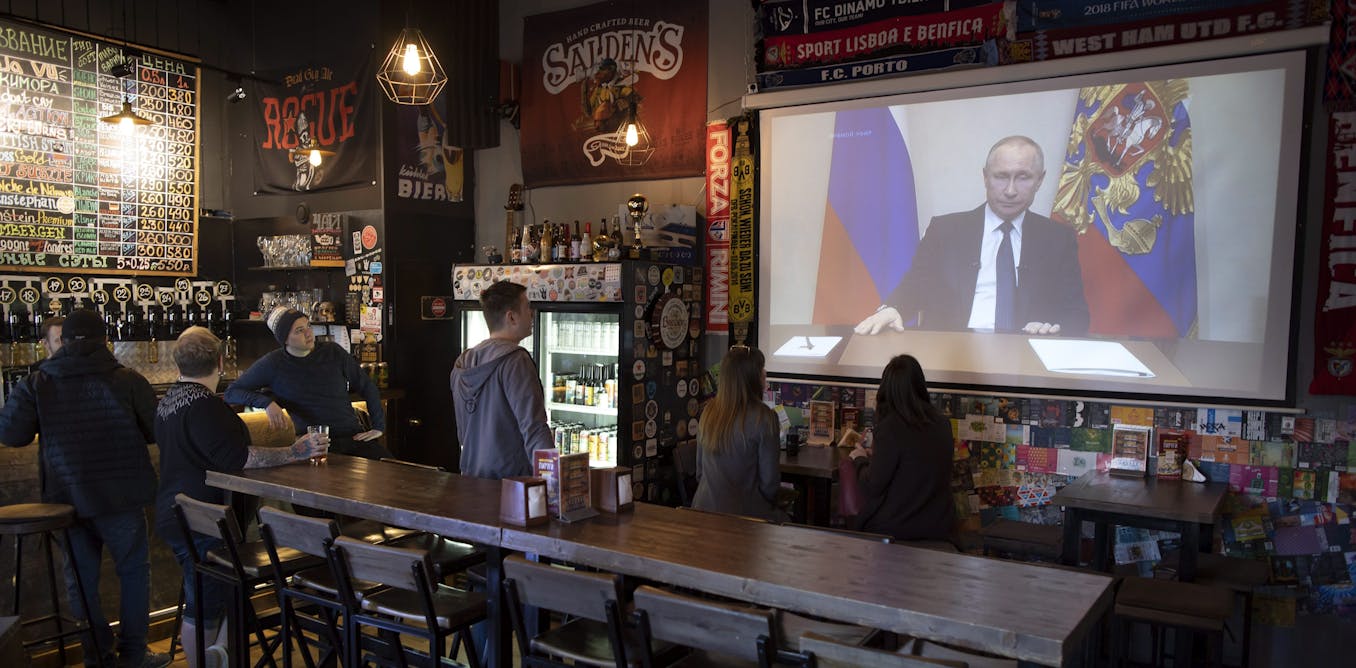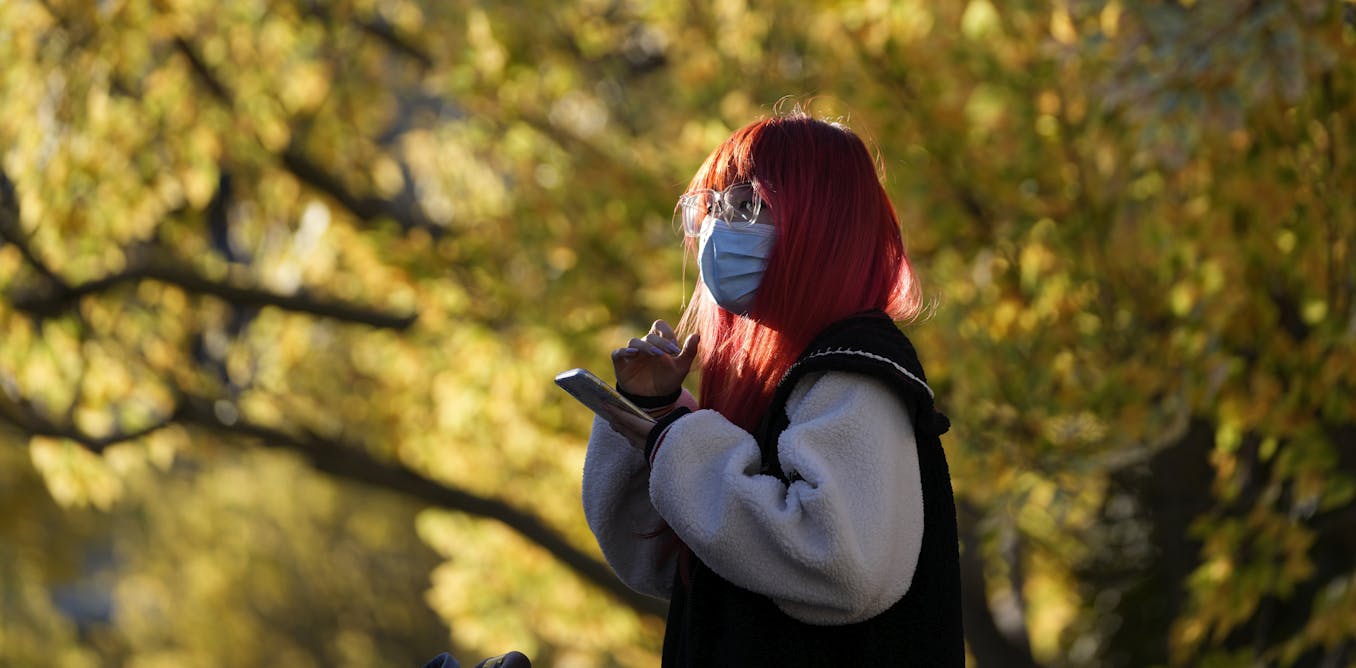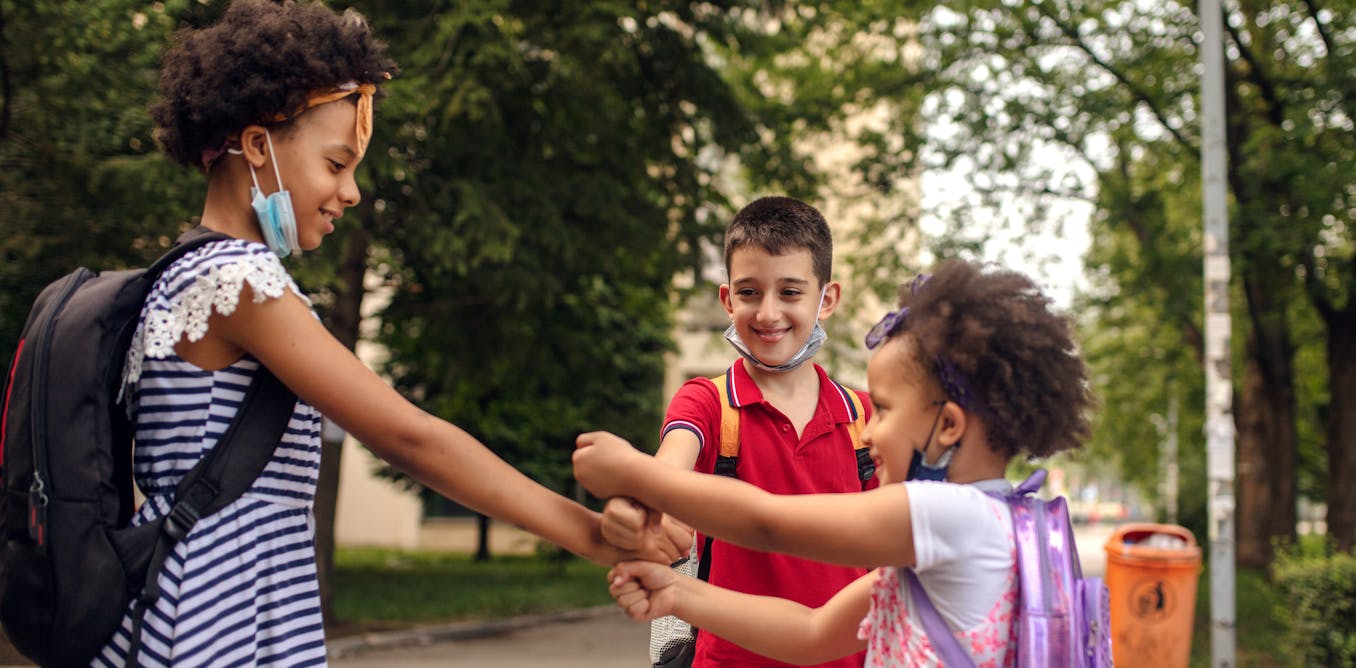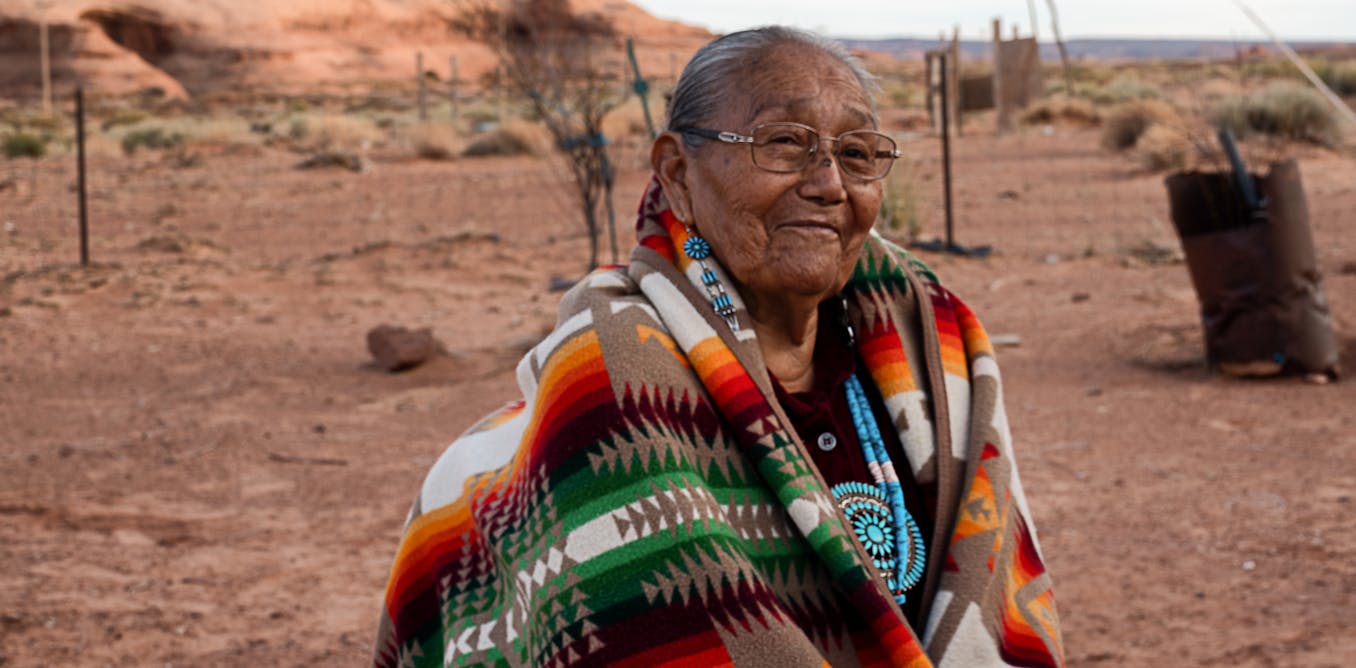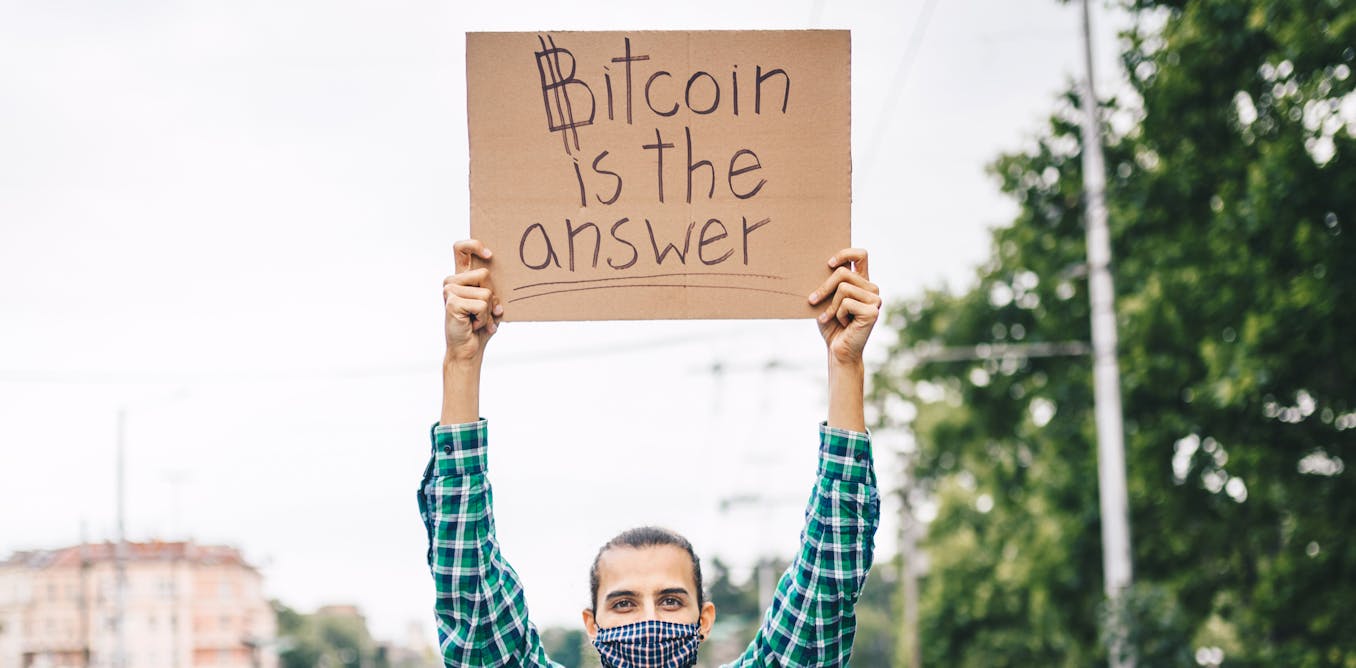A trauma survivor's guide to the holidays: Post-COVID-19 lockdown edition
Last year’s COVID-19 restrictions were a relief to some people who have experienced family trauma because it spared them difficult holiday visits with relatives. Now, it’s back to holidays as usual.
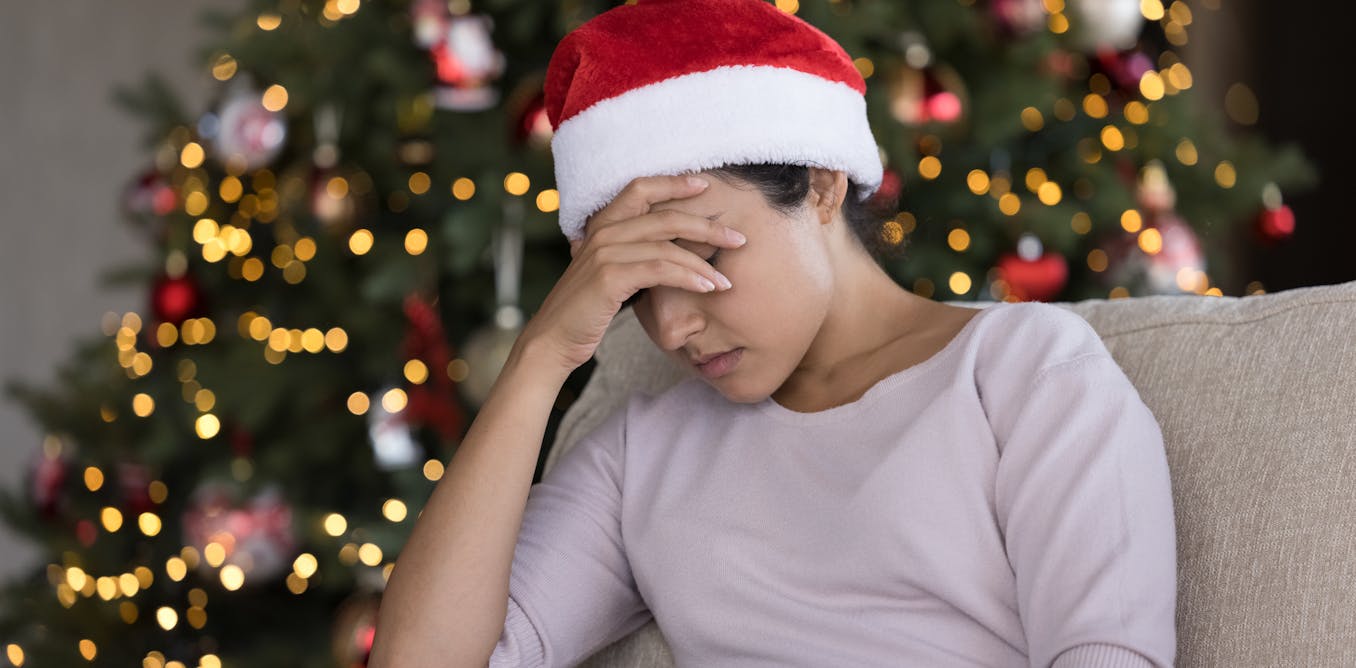

For accountants, it’s tax time; for teachers, it’s September. And for therapists, the busiest time of year is the holidays. Every therapist knows that the winter holiday season is rife with pain, angst and grief.
As a psychologist and professor who specializes in the treatment of trauma, I am deeply engaged with the struggles that trauma survivors experience in the days and weeks leading up to the holidays — including, and maybe especially, contemplating time with family who may have been the source of their trauma. Time with family can bring up memories, grief and longing that only surface at the “most wonderful time of the year.”
While some families are preparing for joyful reunions after COVID-19 restrictions, many trauma survivors are dreading the holidays, bracing themselves for holly jolly visits with those responsible for their pain and trauma. Others are faced with painful reminders that their family was disintegrated by trauma, leaving no traditions to celebrate or groups to gather at the holidays.
For many trauma survivors, feeling forced to spend time with family can reinforce feelings of helplessness, hopelessness and despair. Being unable to visit family during the pandemic may have felt liberating.
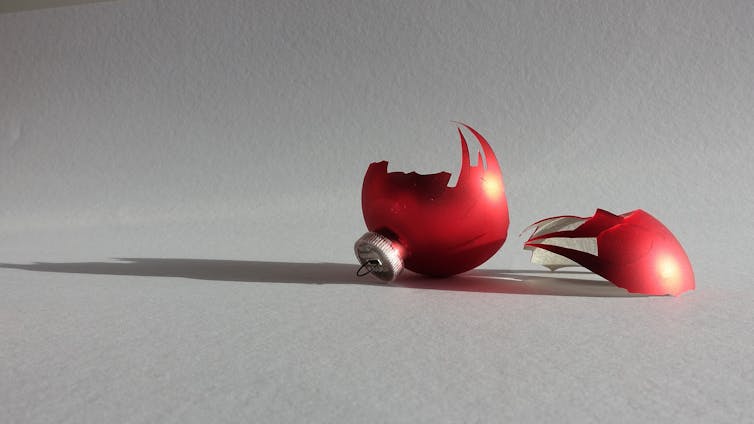
The pandemic allowed many survivors to re-envision the holidays, freed from expectations, traditions and people who caused them harm. For some, it spared them the pain and humiliation of finding ways to gloss over the fact that they have no safe family with whom to spend the holidays. For better or worse, many trauma survivors spent the pandemic holidays in warm fluffy track suits without the pressure of outside world images of what the holidays should be.
We may not be able to extricate the trauma from our bones — at least not without a lot of therapy. For many, it’s not possible to avoid spending time with people who trigger difficult feelings or memories, because those people often act as gatekeepers for a beloved aunt or grandparent. It’s often impossible to find a way through the holidays that doesn’t involve dredging up some hard stuff in our minds, bodies and relationships. But here are some strategies to help cope with the challenges of the holidays.
Self-compassion
Let yourself off the hook if you find yourself using coping mechanisms that maybe aren’t ideal for your body or mind. If you find yourself on the other side of eating that second chocolate bar, drinking the second drink, waking up after hurting yourself, or sleeping away a day, be kind, pick yourself up and start over. Sometimes it’s okay to just survive.
If you are struggling and can’t find a way to limit drinking, drugs, self-harm or bingeing, call a friend you trust, call a crisis line, or reach out to self-help groups — including Alcoholics Anonymous, Narcotics Anonymous and Overeaters Anonymous — that can be found online.
Find your loves
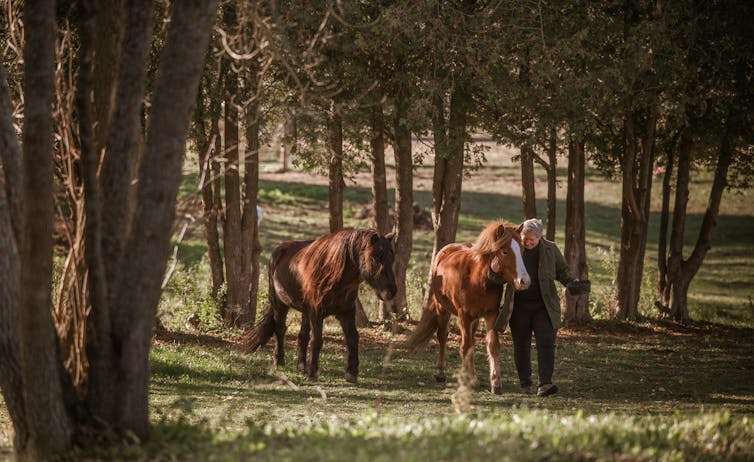
For people who have trauma embedded in their beings, loving and being close to others can feel really hard and scary. During the holidays, do what you can to be around people who are safe, animals whose scent you can inhale, a partner who will hold you in moments of fear and remembering. Let your mind and body be pried apart from the past, and allow yourself to be fully in the present moment.
Compassion for others
Let your partner, children and loving family members off the hook for not being perfect. People who come from trauma sometimes just want their “new” world to feel safe and good all the time. The holidays are a time to find compassion towards your own messiness and the ones who love you, in healing and generous ways.
Come back
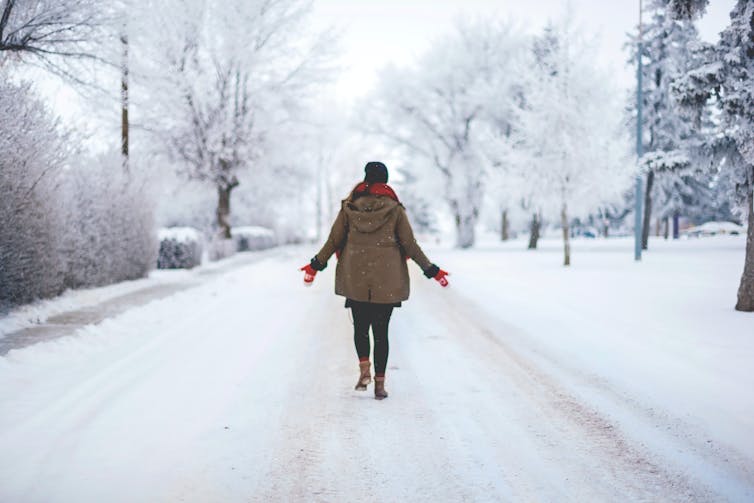
I encourage self-compassion and harm reduction about coping mechanisms that maybe aren’t the ideal, but keep us alive and sane to survive the holidays. However, we also need to find our way back when the coast is clear.
Sing along to your favourite playlist, go for a winter walk and notice the crunching snow beneath your feet, the frost of your breath, the glistening branches on the trees. Cuddle with a safe loved one and sink into gentleness and warmth. Remind yourself with gratitude that “this is the present” and “that was the past.”
Let yourself do what you need to do to survive, and then come back to the present life that you are working so hard to create.
Make new traditions
An annual Throw the Christmas Card from Uncle Floyd into a Fire party or a Wear Your Pyjamas All Day Festivale might be ways to start forming new holiday traditions. Or, perhaps, the new tradition is no tradition at all, but rather a letting go of expectations, hopes, dread and fear, and spending time without the pressures of the outside world.
Grieve
It hurts. It hurts to accept that family has been the source of your greatest traumas. It hurts to let go of hopes and dreams that things might change. It hurts to look around at smiling faces of those who seem to have a “perfect” family (remember, we know nothing about what’s going on in other folks’ families). Write in a journal, turn to a friend or a partner, cry into your dogs’ fur, let yourself honour the real pain of having not had — and still not having — the safe haven of family that you deserved.
Be kind to yourself. As a trauma survivor, you have experienced things that no human should ever have to experience, and the holidays are a time when so many memories can resurface. This year, take a breath and let yourself honour the real story, the truth of your survival.![]()
Heather B MacIntosh receives funding from FAVACS: Programme de subvention pour favoriser la recherché, l'information, la sensibilisation et la formation en matière d'aide aux victimes d'actes criminels: Ministry of Justice Quebec
What's Your Reaction?




















